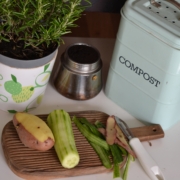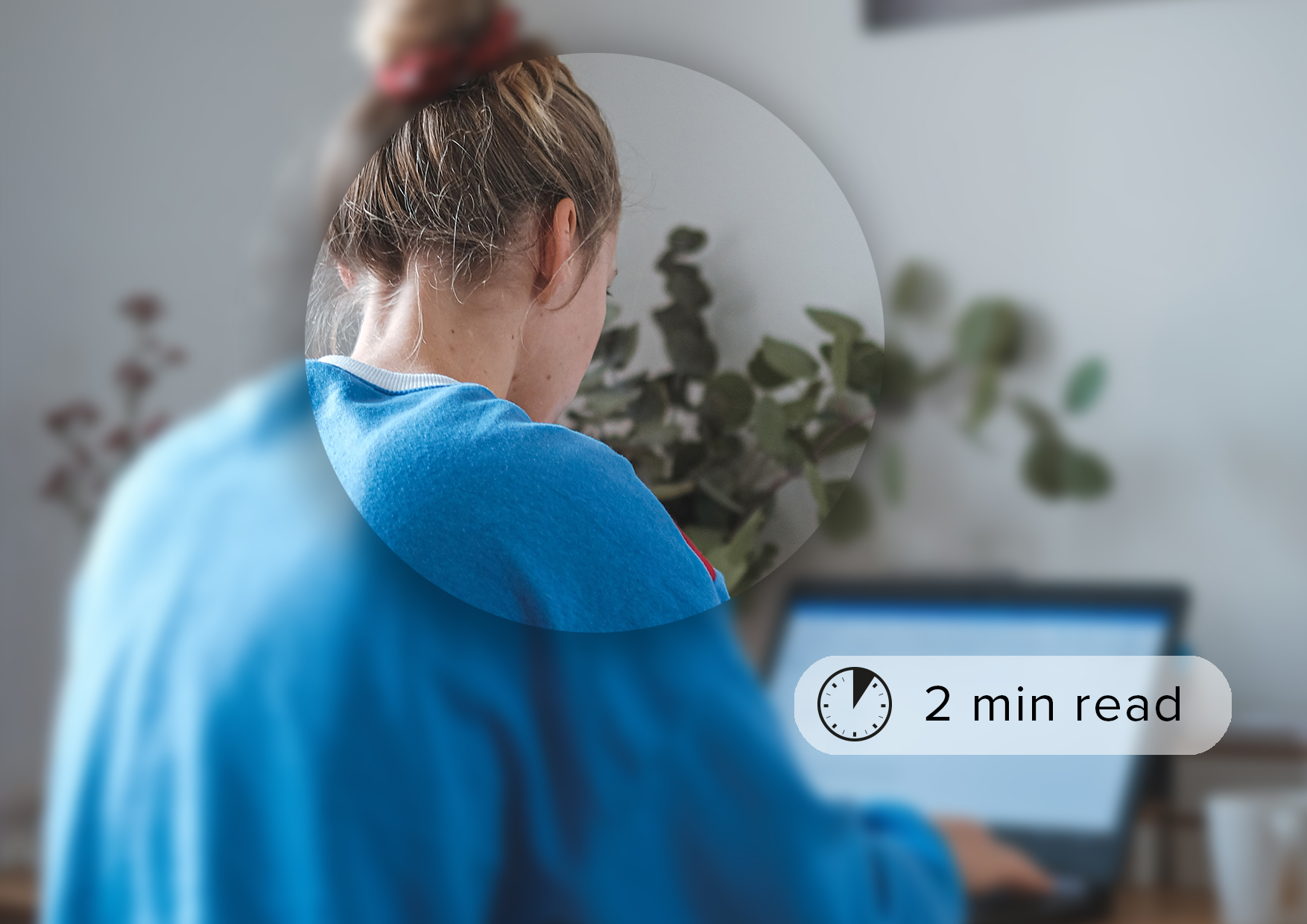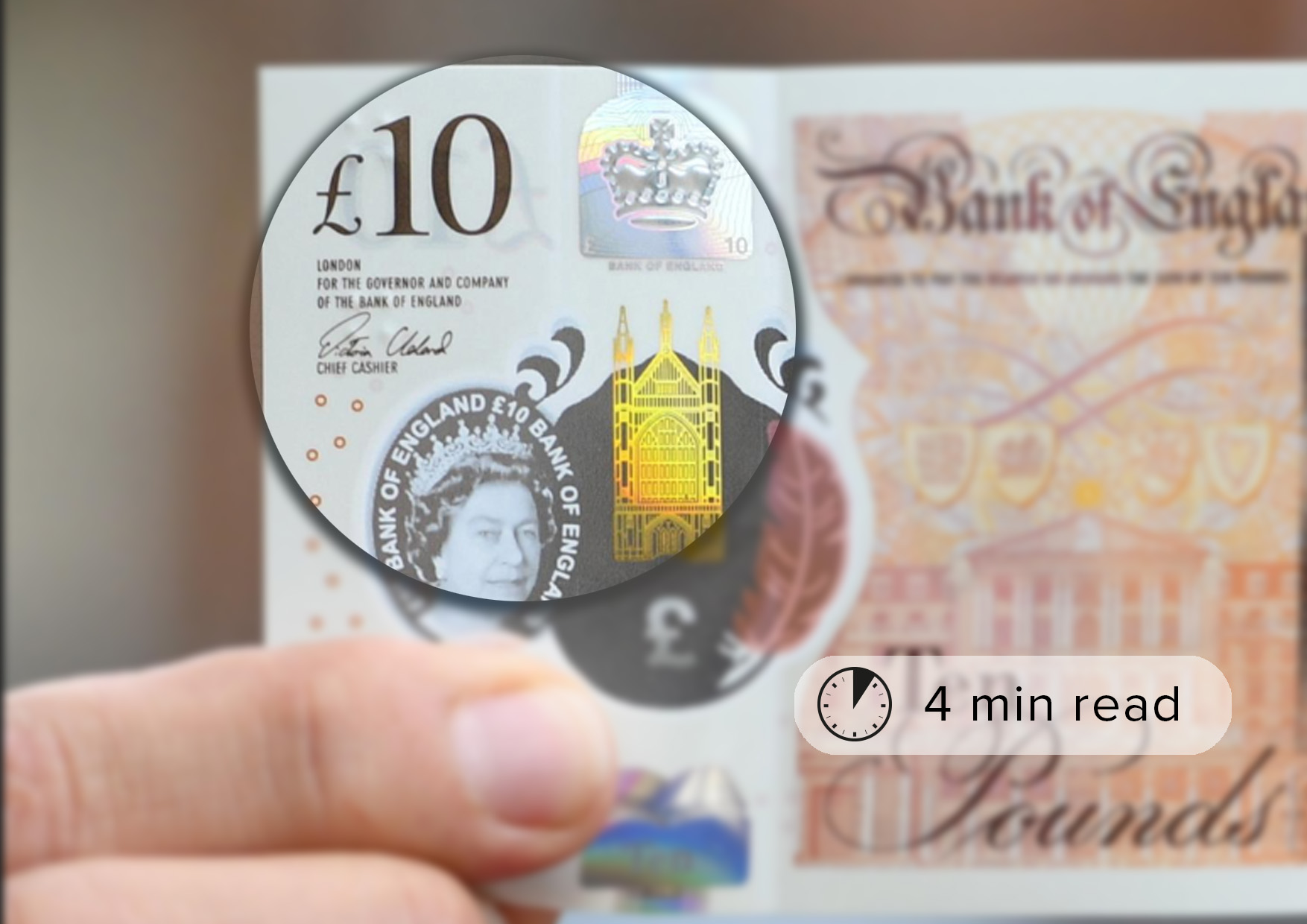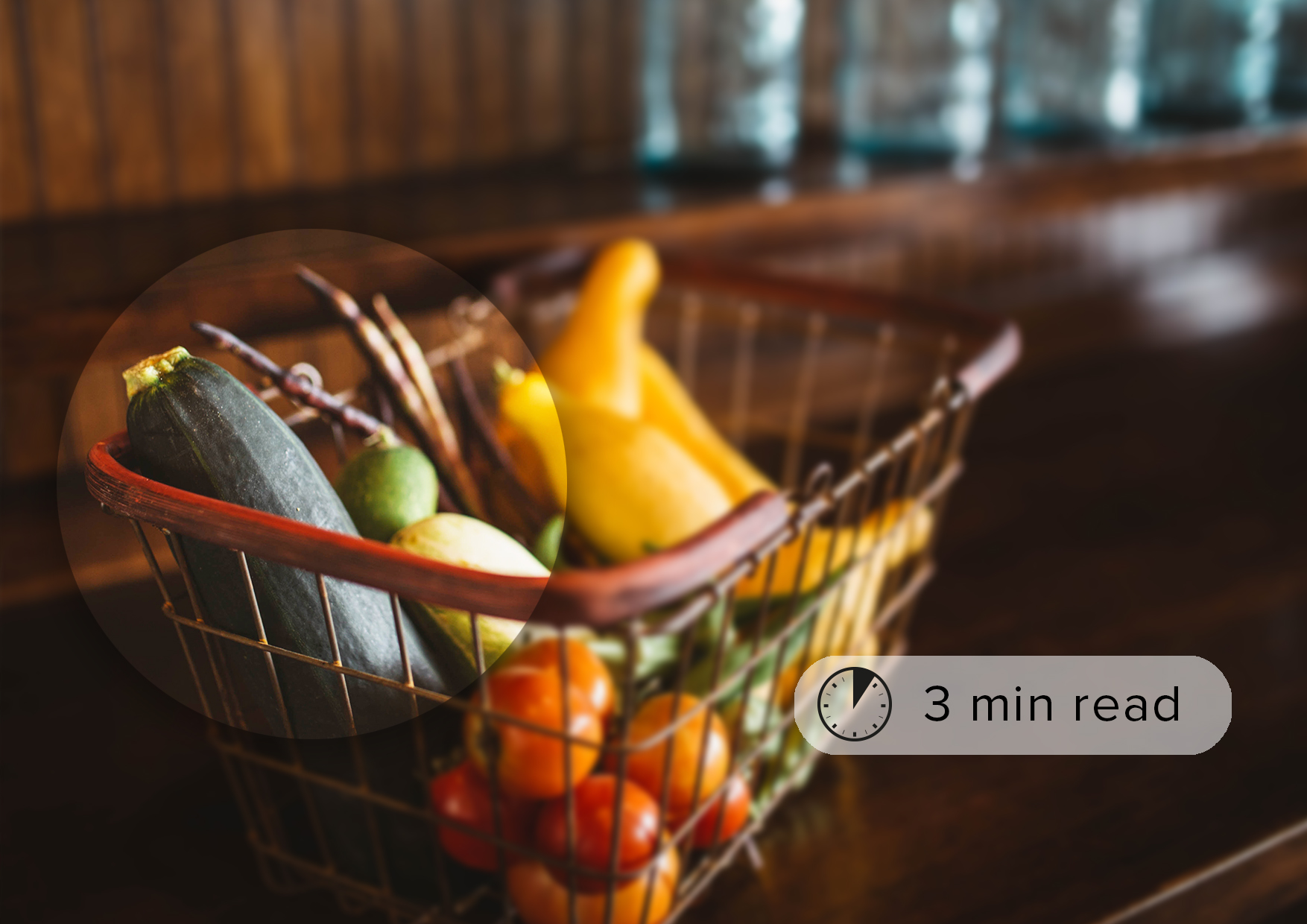Love food, loathe waste
Do you know the impact food waste has on our planet?
Due to the significant resources required for food growth, processing, packaging, storage, and transportation, among other things, it significantly increases our environmental footprint.
Good news is, every small action we take has a significant positive impact on our environment. If you multiply each modest action by the millions of people who live in the UK, it quickly adds up.
With a busy lifestyle it can often be difficult to be mindful of our food choices, but with the right planning it can have lots of extra benefits including making healthier food choices, reducing stress and slashing our shopping expenses! What’s not to love about that?
We all know that none of us wastes food on purpose. We’re doing our best but sometimes we need a little help along the way.
Support is out there!
There are many food waste reduction apps which can help support you and your local community. They offer great advice, tips and planning tools to help support you and your family in your efforts.
My favourites include:
If you can, make a list of the food you waste over each day of the next week, so you have a better idea of where your habits lead to waste. Then you can decide on those areas for change. I’m lucky to have a food waste bin so even when I do have food to throw away, I know it’s repurposed to create electricity or used as fertiliser in farming. If your council doesn’t currently offer this service, you could consider composting.
Most importantly, be kind to yourself! Don’t get frustrated if you haven’t quite got it right. Remember, every small action has a positive impact on our environment.
And while I’m not perfect, I know doing nothing is not the answer. There have been many bananas I promised to turn into banana bread that didn’t quite make it.
Quick tip
Let’s not forget the best way to keep food fresh is to make sure the fridge temperature is set correctly – ideally it should be between 3 – 5°C. We often we don’t realise we’ve accidently increased or decreased the temperature so now is a good time to check!













